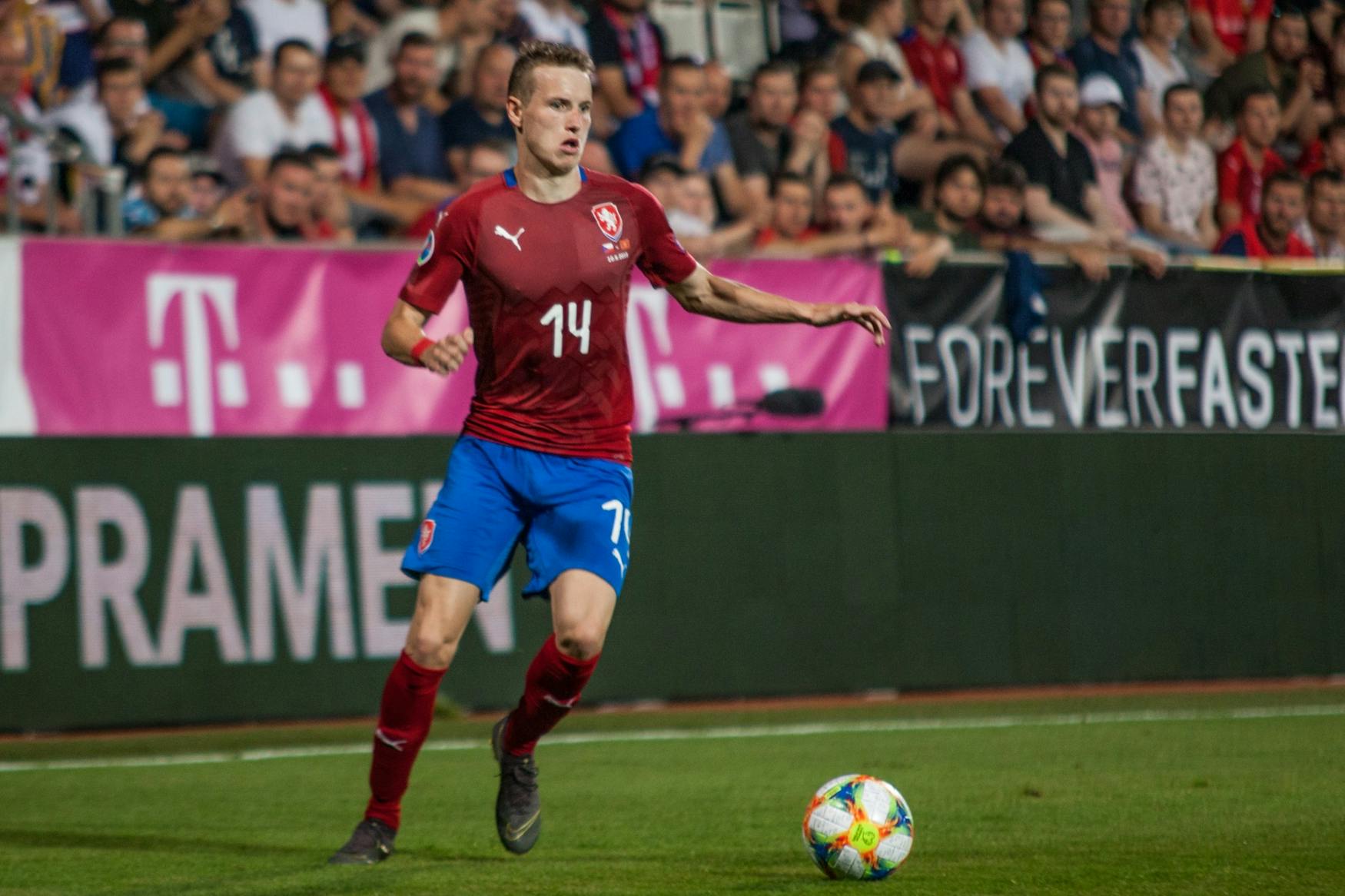First male international soccer player comes out as gay
Czech international player Jakub Jankto took to social media to let his followers and soccer fans from around the world know he is gay.
“I am homosexual, and I no longer want to hide myself.” On Monday, Feb. 13, Jakub Jankto, a Czech soccer star for top European club Sparta Prague, proudly and bravely announced his homosexuality in a video he posted to his social media accounts. Jankto has become the first player in European men’s soccer history to make this step.
Though this may seem irrelevant to the soccer pitch, this is an incredibly significant moment in the world of soccer. Soccer is the most popular sport worldwide — this includes many developed and underdeveloped nations with different backgrounds. In America, the fight for LGBTQIA+ rights is ongoing and far from where it needs to be, but in many areas around the globe the fight has not even begun. Homosexuality is illegal in 68 countries around the world, many of which prioritize soccer as their number one sport.
Many global soccer organizations are starting to raise awareness, such as the Premier League with its Rainbow Laces campaign. However, these attempts are often met with extreme pushback from fans who believe this is intrusive and unnecessary for an organization to interject such beliefs. Some people go as far as to make homophobic comments or slurs.
There was intense controversy from soccer’s highest governing body, the Federation Internationale de Football Association, at the 2022 World Cup. Ethics questions had already surrounded their decision to choose Qatar as the host country for the World Cup, but these were furthered when they chose to side with Qatar’s homophobic policies. Many fans supported this as well, stating that fans and players should “respect [Qatar’s] culture.”
Former National Football League player Ryan O’Callaghan speculated there is at least one gay or bisexual player on every professional football team and there is no reason to believe soccer is any different. So why have so few players come out as gay to this point? A survey of people in the European Union, United States, Canada, Australia and New Zealand — nations that are much further ahead of most of the world in their fight for equality — found that an overwhelming majority of people, regardless of their sexuality, have experienced homophobia in sports. 73% believe it is not safe for people to come out in youth sports, and this is especially prevalent on the male side.
Critics often say they want to separate sports from politics. In 2018, following LeBron James’ and Kevin Durant’s criticisms of former U.S. president Donald Trump, Fox News anchor Laura Ingraham remarked “Shut up and Dribble” — using subtly racist, demeaning terminology and basically telling them to stay in their lane. Since 2016, ex-NFL quarterback Colin Kaepernick has been the target of extreme scrutiny and hate ever since his decision to begin kneeling during the pregame national anthem. Kapernick reminded the public that it was a protest against the oppression of people of color in the United States, but many people saw it as “anti-American” and disrespectful to the flag and its troops. He chose what was more important to him — sacrificing his once very successful career for what he believed to be a greater cause. People try to separate sports and politics, but in reality the two have been intertwined since sports culture began.
This isn’t about politics, it’s about fundamental human rights. This same rhetoric was used for the controversy of track and field star Jesse Owens competing at the 1936 Olympics in Nazi Germany, the exclusion of baseball phenom Jackie Robinson from the Major League Baseball in 1947, the outrage toward sprinters John Carlos and Tommie Smith in their Black power protest in the 1968 Olympics, and the backlash against tennis legend Billie Jean King in her fight for gender and LGBTQIA+ equality in the 1970s.
Jankto’s announcement is not about himself, his image, or soccer as a game. It is about something greater: He has broken a major barrier by fighting for equality in an industry that may not accept him for it. He is willing to risk his personal and athletic reputation, as well as his very successful career in order to be his true self.
The 27-year-old is currently on loan at Czech side Sparta Prague, from Spanish La Liga side Getafe. He gained much of his success in Italy, notching 22 goals and 24 assists in six seasons between the Serie A and Serie B divisions. He was a key figure in Czech Republic’s surprising run to the quarterfinals of the Euro 2020 tournament, and he has five goals in 45 international caps to his name.
This is a moment that could ease tensions and create a more accepting culture in soccer, as well as a moment that could inspire many young male athletes to come out themselves. Many critics may argue that this should not be a topic of discussion because it doesn’t affect the performance on the field. However, given its stakes and its history in the realm of soccer and men’s sports in general, this could be a groundbreaking moment of progression.




Please note All comments are eligible for publication in The Justice.